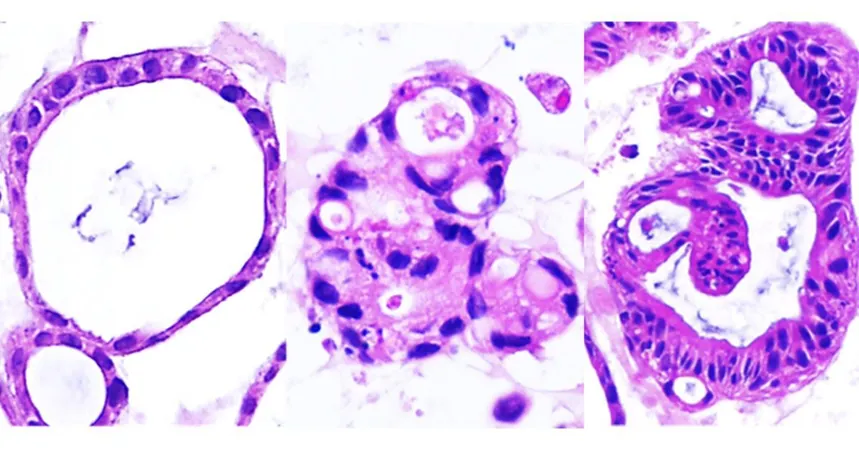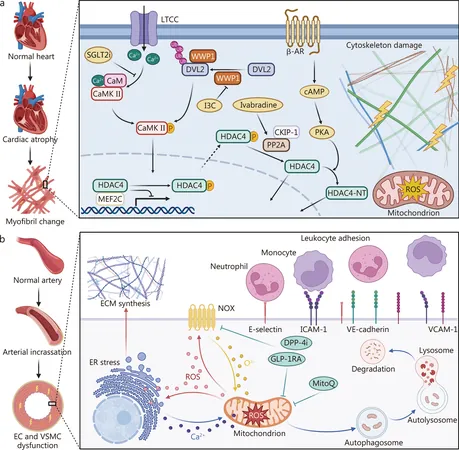
Breakthrough Research Identifies Two Distinct Subtypes of Crohn's Disease Using Gut-Derived Organoids
2024-09-26
Breakthrough Research Identifies Two Distinct Subtypes of Crohn's Disease Using Gut-Derived Organoids
Crohn's disease, a chronic inflammatory bowel disorder, continues to challenge both patients and medical professionals due to its complexity and the variability in symptoms across individuals. This autoimmune condition can lead to severe digestive issues and even necessitate invasive surgeries to address damage to the gut lining. Recent findings from researchers at UC San Diego could revolutionize our understanding and treatment of this perplexing disease.
Traditionally, progress in Crohn's disease treatment has been hindered by a lack of effective preclinical models and the unique variations seen in patients. However, researchers have made significant strides by creating organoids—tiny, lab-grown models derived from adult gut stem cells taken from Crohn's patients. This innovative approach provides a more accurate portrayal of the disease's intricate behaviors compared to earlier studies that exclusively used pluripotent stem cells.
Published on September 26, 2024, in Cell Reports Medicine, the study, led by Dr. Courtney Tindle and Dr. Pradipta Ghosh, uncovered two clear molecular subtypes of Crohn's disease from samples collected during routine colonoscopies at the Inflammatory Bowel Disease Center at UC San Diego Health. These two subtypes are:




 Brasil (PT)
Brasil (PT)
 Canada (EN)
Canada (EN)
 Chile (ES)
Chile (ES)
 España (ES)
España (ES)
 France (FR)
France (FR)
 Hong Kong (EN)
Hong Kong (EN)
 Italia (IT)
Italia (IT)
 日本 (JA)
日本 (JA)
 Magyarország (HU)
Magyarország (HU)
 Norge (NO)
Norge (NO)
 Polska (PL)
Polska (PL)
 Schweiz (DE)
Schweiz (DE)
 Singapore (EN)
Singapore (EN)
 Sverige (SV)
Sverige (SV)
 Suomi (FI)
Suomi (FI)
 Türkiye (TR)
Türkiye (TR)